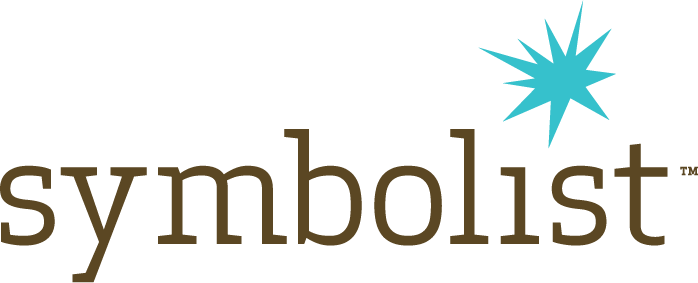Walking Past Greatness
A few years ago one of the greatest concert violinists in the world, Joshua Bell, performed at a Metro Station in Washington DC. Here’s the YouTube clip of his performance –
In the 60 minutes Bell played, a few people stopped and listened, one person actually recognized him and he collected $32. Two days prior to the DC Metro concert, he sold out a theater in Boston where average ticket prices were $100. The effort was part of a social experiment by The Washington Post to determine people’s priorities, taste and perception.
Why will people gladly pay serious money one day to see a world-class performer and then the next day, walk by that same performer as if he didn’t exist? Social scientists would use quite a few words to explain the human behavior observed in this experiment, but I think three words provide a summary that’s relevant and that translates to the workplace:
Time – the perception of a time surplus creates opportunities to experience unplanned events.
Presence – when we allow ourselves to be “in the moment”, we are more likely to notice our surroundings.
Context – when we are predisposed to life experiences occurring in one context, it is difficult to process that same experience in another context.
Too often, we all walk by “great performances” in our work environments because we feel swamped by our circumstances and all we can do is think about ourselves and the pressure we are experiencing. Further, we may be uncertain about what we’re supposed to be doing – we want to be productive, but we’re not sure how to maximize our time and talent. It’s ironic that, in fact, we may be offering a personal “great performance” but everyone around us is buried in their world and no one notices the beautiful music we’re playing…
I think it’s very difficult for organizations to create environments that engage people. Too often, leaders make the mistake of using past paradigms to define modern work cultures. There’s a classic definition of “productivity” that speaks to how many widgets can one person produce in a given period of time. The problem is that definition doesn’t translate well to today’s largely knowledge based workforce. The best organizations are those that are finding ways to create cultures that appreciate unique human performance.
Is your company considering the amount of time people have to “be human” at work? Are the people you work with focused on the present and aware of what’s happening in their space? Do the people in your organization understand what they should be seeing and can they translate that into personal success?
A well designed Recognition and Reward System (RRS) can help support cultures that value time, presence and context. When a company gets those things right, there is a great chance that many Joshua Bells will be discovered playing right in front of you.
